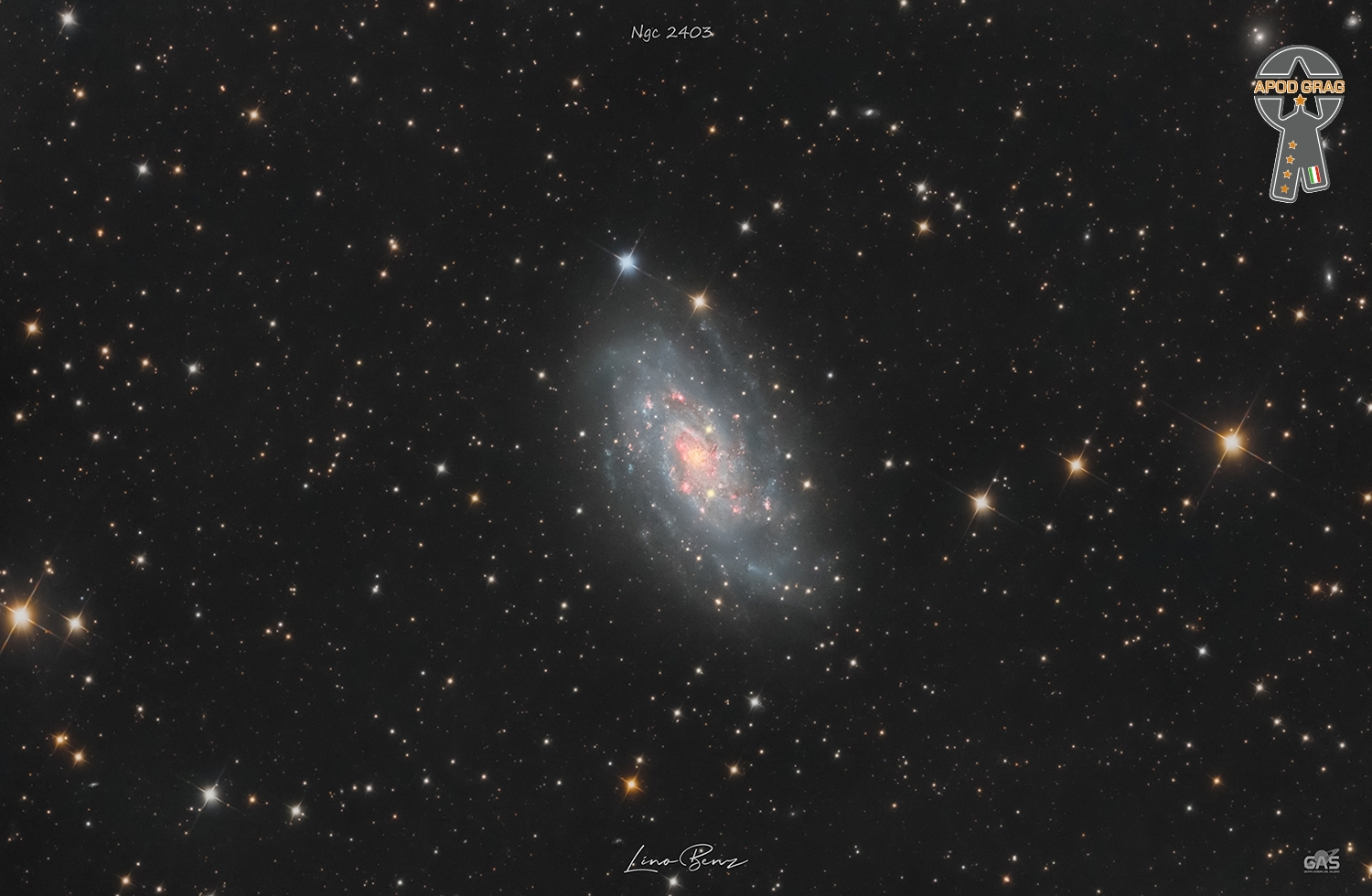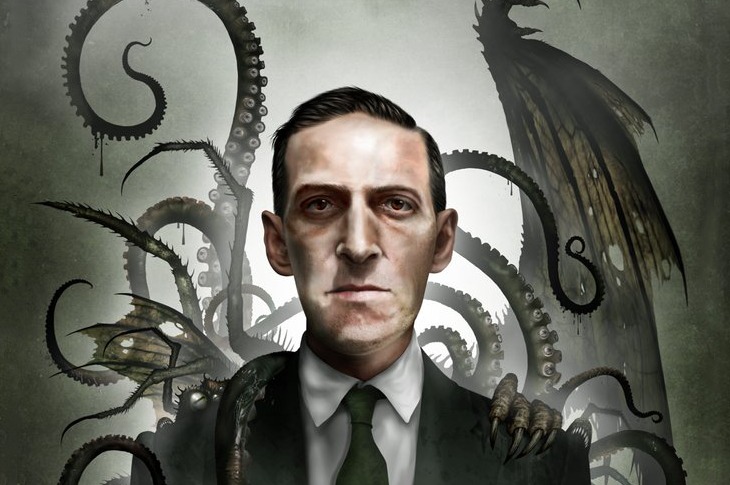Blog
Diana Ross (born March 26, 1944) is an American singer and actress. Known as the “Queen of Motown Records“, she was the lead singer of the vocal group the Supremes, who became Motown‘s most successful act during the 1960s and one of the world’s best-selling girl groups of all time. They remain the best-charting female group in history, with a total of 12 number-one pop singles on the U.S. Billboard Hot 100.
Following her departure from the Supremes in 1970, Ross embarked on a successful solo music career with the release of her eponymous debut solo album. She went on to release 26 studio albums, including Touch Me in the Morning (1973), Diana Ross(1976), Diana (1980), Why Do Fools Fall in Love (1981) and Swept Away (1984). Her singles “Ain’t No Mountain High Enough“, “Touch Me in the Morning“, “Theme from Mahogany (Do You Know Where You’re Going To)“, “Love Hangover“, “Upside Down” and “Endless Love“, all topped the Billboard Hot 100, making her the female solo act with the most number-one songs in the United States at the time. Her success continued throughout the 1980s and 1990s with global hits, including “I’m Coming Out“, “Why Do Fools Fall in Love“, “All of You“, “Chain Reaction“, “If We Hold on Together“, and “When You Tell Me That You Love Me“.
Ross has also achieved mainstream success and recognition as an actress. Her first role was her Golden Globe Award-winning and Academy Award-nominated portrayal of Billie Holiday in the film Lady Sings the Blues (1972), which made her the first African-American actress to receive an Academy Award nomination for a debut film performance. The film’s soundtrack became her only solo album to reach number-one on the U.S. Billboard 200 chart. She also starred in two other feature films, Mahogany(1975) and The Wiz (1978), and later appeared in the television films Out of Darkness(1994), for which she was nominated for a Golden Globe Award, and Double Platinum(1999).
Ross was named the “Female Entertainer of the Century” by Billboard in 1976. Since her solo career began in 1970, Ross has sold over 100 million records worldwide. She is the only female artist to have had U.S. Billboard Hot 100 number-one singles as a solo artist, as the other half of a duet, as a member of a trio, and as an ensemble member, a total of 18. In 2021, Billboard ranked her the 30th greatest Hot 100 artist of all time. Her hits as a Supreme and a solo artist combined put Ross among the top-five artists on the Billboard Hot 100 singles chart from 1955 to 2018. She has scored a top 75 U.K. hit single for a record 33 consecutive years (1964–1996). In 1988, Ross was inducted to the Rock and Roll Hall of Fame as a member of the Supremes, and is one of the rare performers to have two stars on the Hollywood Walk of Fame. She was the recipient of a Special Tony Award in 1977, the Kennedy Center Honors in 2007, the Grammy Lifetime Achievement Award in 2012 and 2023 (becoming the first woman to win the award twice, the latter as a member of the Supremes), and the Presidential Medal of Freedom in 2016.
more...Rufus C. Thomas, Jr. (March 26, 1917 – December 15, 2001 Cayce, MS) was an American rhythm-and-blues, funk, soul and blues singer, songwriter, dancer, DJ and comic entertainer from Memphis, Tennessee. He recorded for several labels, including Chess Records and Sun Records in the 1950s, before becoming established in the 1960s and 1970s at Stax Records. His dance records, including “Walking the Dog” (1963), “Do the Funky Chicken” (1969), and “(Do the) Push and Pull” (1970), were some of his most successful songs. According to the Mississippi Blues Commission, “Rufus Thomas embodied the spirit of Memphis music perhaps more than any other artist, and from the early 1940s until his death . . . occupied many important roles in the local scene.”
He began his career as a tap dancer, vaudeville performer, and master of ceremonies in the 1930s. He later worked as a disc jockey on radio station WDIA in Memphis, both before and after his recordings became successful. He remained active into the 1990s and as a performer and recording artist was often billed as “The World’s Oldest Teenager”. He was the father of the singers Carla Thomas (with whom he recorded duets) and Vaneese Thomas and the keyboard player Marvell Thomas.
more...Donald Orlando “Duck” Bailey (March 26, 1933 – October 15, 2013) was an American jazz drummer.
Bailey was born in Philadelphia, Pennsylvania, on March 26, 1933. He was largely self-taught as a drummer.
Bailey got his big break in the jazz world and he is probably best known as the drummer in the trio of jazz organist Jimmy Smith from 1956 to 1964 and also for his work with The Three Sounds on Blue Note Records. While based in Los Angeles, Bailey also worked as a sideman for musicians including Sarah Vaughan, Carmen McRae, Hampton Hawes, Kenny Burrell, and Red Mitchell. In the mid-1970s, Bailey moved to Japan, where he lived for five years.
more...James Moody (March 26, 1925 – December 9, 2010 Savanah, GA) was an American jazz saxophone and flute player and very occasional vocalist, playing predominantly in the bebop and hard bop styles. The annual James Moody Jazz Festival is held in Newark, New Jersey.
Moody had an unexpected hit with “Moody’s Mood for Love“, a 1952 song written by Eddie Jefferson, which used as its melody an improvised solo that Moody had played on a 1949 recording of “I’m in the Mood for Love“. Moody adopted the song as his own, recording it with Jefferson on his 1956 album Moody’s Mood for Love and performing the song regularly in concert, often singing the vocals himself.
more...NGC 2403 (also known as Caldwell 7) is an intermediate spiral galaxy in the constellation Camelopardalis. It is an outlying member of the M81 Group, and is approximately 8 million light-years distant. It bears a similarity to M33, containing numerous star-forming H II regions, but being a little bit larger at approximately 90,000 light-years in diameter compared to the 61,100 light-year diameter of M33. The northern spiral arm connects it to the star forming region NGC 2404. NGC 2403 can be observed using 10×50 binoculars. NGC 2404 is 940 light-years in diameter, making it one of the largest known H II regions. This H II region represents striking similarity with NGC 604 in M33, both in size and location in galaxy.

Sir Elton Hercules John (born Reginald Kenneth Dwight; 25 March 1947) is a British singer, songwriter and pianist. His music and showmanship have had a significant, lasting impact on the music industry, and his songwriting partnership with lyricist Bernie Taupin is one of the most successful in history. John was the 19th EGOT winner in history. He has sold over 300 million records worldwide, making him one of the best-selling music artists of all time.
John learned to play piano at an early age, winning a scholarship to the Royal Academy of Music. In the 1960s, he formed the blues band Bluesology, wrote songs for other artists alongside Taupin, and worked as a session musician, before releasing his debut album, Empty Sky (1969). Throughout the next six decades, John cemented his status as a cultural icon with 32 studio albums, including Honky Château (1972), Goodbye Yellow Brick Road (1973), Rock of the Westies (1975), Sleeping with the Past (1989), The One (1992), Songs from the West Coast (2001), The Diving Board (2013) and The Lockdown Sessions (2021). His catalog of hit singles includes “Your Song“, “Tiny Dancer“, “Rocket Man“, “Crocodile Rock“, “Bennie and the Jets“, “Don’t Go Breaking My Heart“, “I’m Still Standing“, “Sacrifice“, “Can You Feel the Love Tonight” and “Cold Heart“. He has also had success in musical films and theatre, composing music for The Lion King (1994), Aida (2000), and Billy Elliot the Musical (2005). John’s final tour, Farewell Yellow Brick Road (2018–2023), became the highest-grossing tour ever at the time. His life and career were dramatised in the 2019 biopic Rocketman.
John is an HIV/AIDS charity fundraiser and has been involved in the fight against AIDS since the late 1980s. He established the Elton John AIDS Foundation in 1992, which has raised over £300 million since its inception, and a year later he began hosting his annual AIDS Foundation Academy Awards Party, which has since become one of the biggest high-profile Oscar parties in the Hollywood film industry. John was the chairman and director of Watford Football Club from 1976 to 1987, and again from 1997 to 2002, and is an honorary life president of the club. From the late 1970s to the late 1980s, John developed a severe addiction to drugs and alcohol, but has been clean and sober since 1990. In 2005, he entered a civil partnership with his long-term partner, the Canadian filmmaker David Furnish. They married in 2014, when same-sex marriage was legalised in England and Wales.
John has had more than fifty top-40 hits on the UK Singles Chart and US Billboard Hot 100, including nine number ones in both countries, as well as seven consecutive number-one albums in the US. He is the most successful solo artist in the history of the US Billboard charts. His tribute single to Diana, Princess of Wales, “Candle in the Wind 1997“, a rewritten version of his 1974 single, sold over 33 million copies worldwide and is the best-selling chart single of all time. In 2021, he became the first solo artist with UK top 10 singles across six decades.[19][20][21] John’s awardsinclude an Primetime Emmy Award, five Grammy Awards, two Academy Awards, a Tony Award, two Golden Globe Awards, a Laurence Olivier Award, and the Kennedy Center Honor. He was inducted into the Songwriters Hall of Fame in 1992 and the Rock and Roll Hall of Fame in 1994, and is a fellow of The Ivors Academy. He was appointed Knight Bachelor for services to music and charity in 1998 and was appointed a member of the Order of the Companions of Honour in 2020.
more...Béla Viktor János Bartók (25 March 1881 – 26 September 1945) was a Hungarian composer, pianist and ethnomusicologist. He is considered one of the most important composers of the 20th century; he and Franz Liszt are regarded as Hungary’s greatest composers. Through his collection and analytical study of folk music, he was one of the founders of comparative musicology, which later became known as ethnomusicology.
more...Aretha Louise Franklin (March 25, 1942 – August 16, 2018) was an American singer, songwriter and pianist. Honored as the “Queen of Soul“, she was twice named by Rolling Stone magazine as the greatest singer of all time.
As a child, Franklin was noticed for her gospel singing at New Bethel Baptist Church in Detroit, Michigan, where her father C. L. Franklin was a minister. At the age of 18, she was signed as a recording artist for Columbia Records. While her career did not immediately flourish, Franklin found acclaim and commercial success once she signed with Atlantic Records in 1966. She recorded albums such as I Never Loved a Man the Way I Love You (1967), Lady Soul (1968), Spirit in the Dark (1970), Young, Gifted and Black (1972), Amazing Grace (1972), and Sparkle (1976), before experiencing problems with the record company. Franklin left Atlantic in 1979 and signed with Arista Records. Her success continued with the albums Jump to It (1982), Who’s Zoomin’ Who? (1985), Aretha (1986) and A Rose Is Still a Rose (1998).
Franklin is one of the best-selling music artists, with more than 75 million records sold worldwide. She charted 112 singles on the US Billboard charts, including 73 Hot 100entries, 17 top-ten pop singles, 96 R&B entries and 20 number-one R&B singles. Her best-known hits include “I Never Loved a Man (The Way I Love You)” (1967), “Respect” (1967), “(You Make Me Feel Like) A Natural Woman” (1967), “Chain of Fools” (1967), “Ain’t No Way” (1968), “Think” (1968), “I Say a Little Prayer” (1968), “Call Me” (1970), “Don’t Play That Song (You Lied)” (1970), “Spanish Harlem” (1971), “Rock Steady” (1971), “Day Dreaming” (1972), “Until You Come Back to Me (That’s What I’m Gonna Do)” (1973), “Something He Can Feel” (1976), “Jump to It” (1982), “Freeway of Love” (1985), “Who’s Zoomin’ Who” (1985), “I Knew You Were Waiting (For Me)” (a duet with George Michael, 1987) and “A Rose Is Still a Rose” (1998). She also made a featured appearance in the 1980 musical-comedy film The Blues Brothers.
Franklin received numerous honors throughout her career. She won 18 Grammy Awards out of 44 nominations, including the first eight awards given for Best Female R&B Vocal Performance (1968–1975), as well as a Grammy Living Legend Award and Lifetime Achievement Award. She was also awarded the National Medal of Arts and the Presidential Medal of Freedom. In 1987, she became the first female artist to be inducted into the Rock and Roll Hall of Fame. Her other inductions include the UK Music Hall of Fame in 2005, the Gospel Music Hall of Fame in 2012,[9] and posthumously the National Women’s Hall of Fame in 2020. In 2019, the Pulitzer Prize jury awarded her a posthumous special citation “for her indelible contribution to American music and culture for more than five decades”.
more...Stephen Paul Motian (March 25, 1931 – November 22, 2011 Philedelphia) was an American jazz drummer, percussionist, and composer of Armenian descent. He played an important role in freeing jazz drummers from strict time-keeping duties.
Motian first came to prominence in the late 1950s in the piano trio of Bill Evans and later was a regular in pianist Keith Jarrett‘s band for about a decade (c. 1967–1976). The drummer began his career as a bandleader in the early 1970s. Perhaps his two most notable groups were a longstanding trio with guitarist Bill Frisell and saxophonist Joe Lovano as well as the Electric Bebop Band, in which he worked mostly with younger musicians on interpretations of bebop standards.
more...Cecil Percival Taylor (March 25, 1929 – April 5, 2018 NY) was an American pianist and poet.
Taylor was classically trained and was one of the pioneers of free jazz. His music is characterized by an energetic, physical approach, resulting in complex improvisationoften involving tone clusters and intricate polyrhythms. His technique has been compared to percussion. Referring to the number of keys on a standard piano, Val Wilmer used the phrase “eighty-eight tuned drums” to describe Taylor’s style. He has been referred to as “Art Tatum with contemporary-classical leanings”.
more...
The subject of today’s NASA/ESA Hubble Space Telescope Picture of the Week is the stunning spiral galaxy NGC 5530. NGC 5530 is situated 40 million light-years away in the constellation Lupus (The Wolf). This galaxy is classified as a ‘flocculent’ spiral, meaning that its spiral arms are patchy and indistinct.
While some galaxies have extraordinarily bright centres where they host a feasting supermassive black hole, the bright source near the centre of NGC 5530 is not an active black hole but instead a star within our own galaxy, only 10 thousand light-years from Earth. This chance alignment gives the appearance that the star is at the dense heart of NGC 5530.
If you had pointed a backyard telescope at NGC 5530 on the evening of 13 September 2007, you would have seen another bright point of light adorning the galaxy. That night, Australian amateur astronomer Robert Evans discovered a supernova, named SN 2007IT, by comparing NGC 5530’s appearance through the telescope to a reference photo of the galaxy. While it’s remarkable to discover even one supernova using this painstaking method, Evans has in fact discovered more than 40 supernovae this way! This particular discovery was truly serendipitous: it’s likely that the light from the supernova had completed its 40-million-year journey to Earth just days before the explosion was discovered.
[Image Description: A spiral galaxy, seen tilted at a slight angle, on a dark background of space. It glows softly from its centre, throughout its disc out to the edge. The disc is a broad swirl of webs of dark reddish dust and sparkling blue patches where stars have formed. Atop the centre of the galaxy there is a star that appears very large and bright with four spikes emanating from it, because it is relatively close to Earth.]

Lee Oskar (born 24 March 1948) is a Danish harmonica player, notable for his contributions to the sound of the rock-funk fusion group War, which was formed by Howard E. Scott and Harold Brown, his solo work, and as a harmonica manufacturer. He continues to play with 3 other original War band members, Harold Brown, Howard Scott and B.B. Dickerson, under the name LowRider Band.
more...More Posts
- Attila Zoller Day
- Wild Bill Moore Day
- Don Cheatham Day
- World Music with Slonovski Bal
- Daily Roots with Playing for Change
- The Cosmos with NGC 660
- Peter Beets Day
- Chick Corea Day
- World Music with Jacky Molard
- Daily Roots with Steel Pulse
- The Cosmos with GGD 27
- Hazel Scott Day
- Bernard Purdie Day
- Shelly Manne Day
- World Music with Orchestre National de Barbés
- Daily Roots with Bunny Wailer & Ruffi-Ann
- The Cosmos with NGC 6543
- Gary Thomas Day
- João Gilberto Day
- Howlin’ Wolf Day


